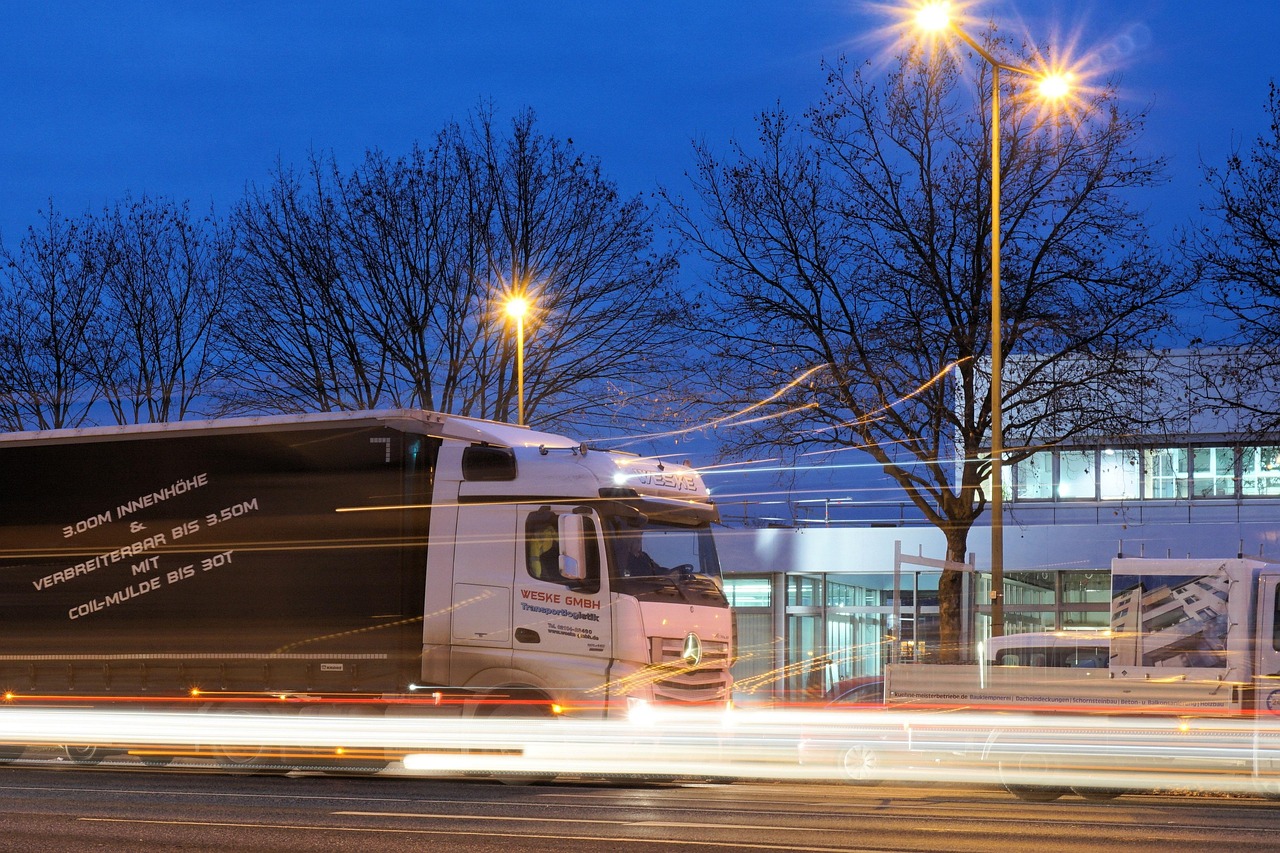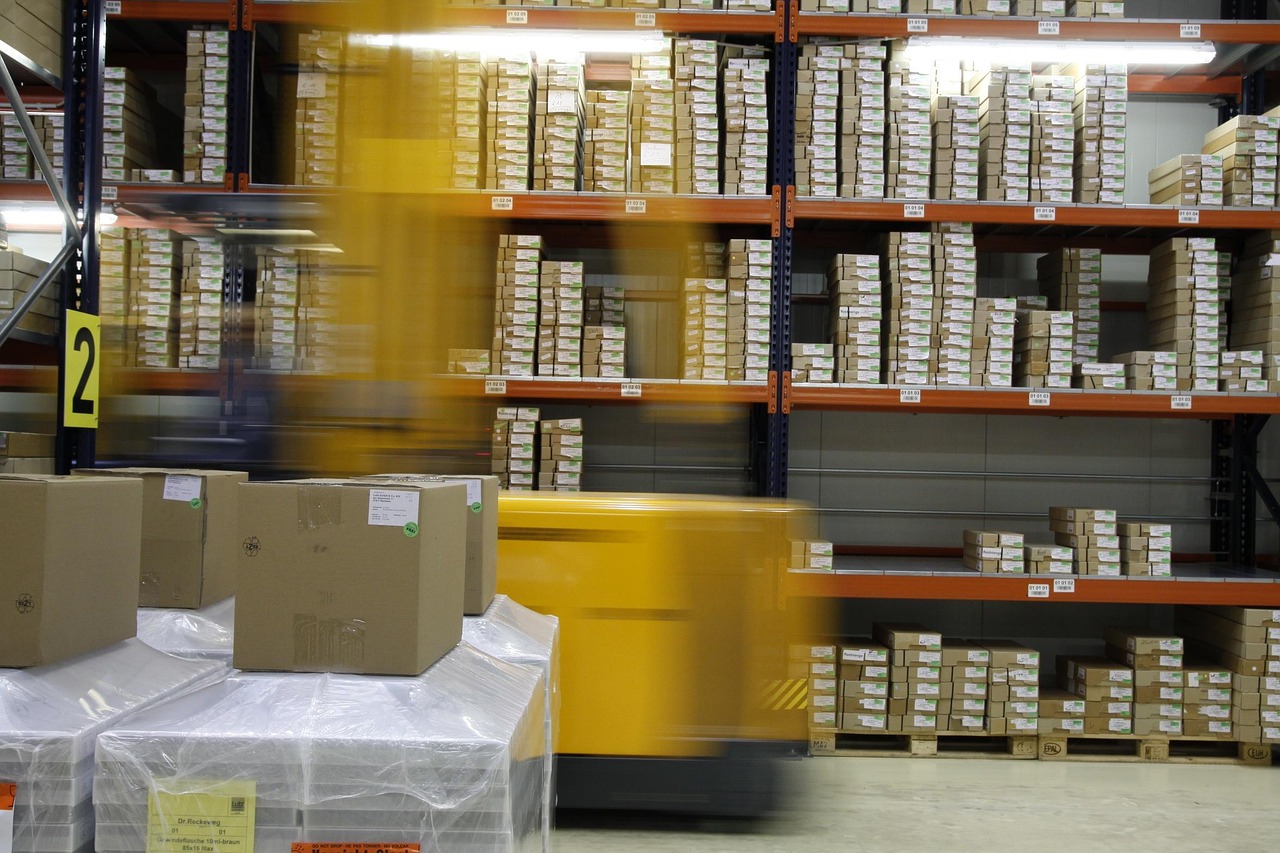Discover the trends that will shape the future of 3PL logistics services in Mexico and how they will impact operational efficiency.
E-commerce in Mexico is evolving rapidly, driven by technological progress, new consumer preferences and an increasingly competitive market.
In this scenario, as third-party logistics service providers (3PL), we must adapt to offer solutions that optimize both our operations and customer satisfaction.
In this context, we are focusing our efforts on improving every stage of the supply chain. Some of the trends that will shape the future in our sector are:
1. Artificial intelligence and machine learning
In some companies, artificial intelligence (AI) and machine learning are already revolutionizing logistics by anticipating demand, optimizing delivery routes and automating inventory management.
AI analyzes large volumes of data in real time, identifying patterns that improve operational efficiency. This allows us 3PLs to forecast increases in demand and adjust resources, which can help us reduce costs and improve customer service.
Machine learning, as a form of AI, allows systems to learn from data and make more accurate predictions. In our industry, this helps to minimize errors in order and inventory management, making operations more agile and efficient.
2. Robotics and Automation: Revolution in Storage
Robotics is also revolutionizing storage operations in 3PLs, allowing advanced automation that improves accuracy and speed.
Autonomous mobile robots (AMR) are an example of this, since they can operate independently within warehouses, managing tasks such as picking and placing goods with minimal human intervention. This reduces errors and increases operational efficiency by allowing warehouses to operate 24/7 without a break.
In Mexico, the adoption of these technologies is increasing, especially in sectors where efficiency and speed are essential. Robotics also offers the flexibility to scale operations according to seasonal needs, allowing 3PLs to manage fluctuations in demand without the need to hire additional staff.
3. Drones and Autonomous Vehicles: Deliveries of the Future
Drones and autonomous vehicles are becoming an innovative solution for last-mile deliveries.
These devices can dramatically reduce delivery times, especially in congested urban areas or in hard-to-reach rural regions. Drones, in particular, are being explored for quick deliveries of small packages, which could in the future transform logistics in densely populated Mexican cities.
Autonomous vehicles are also beginning to be integrated into the supply chain, offering a solution for delivering goods on fixed or repetitive routes.
Although it is still in the experimental phase in many countries, its successful implementation could reduce transportation costs and improve efficiency, by eliminating the need for human drivers and reducing the risk of errors or accidents. In the not too distant future, we could see these vehicles driving on Mexican roads, redefining the way in which deliveries are made.

4. Internet of Things (IoT): Connectivity and Transparency
The Internet of Things (IoT) is connecting more and more devices in the supply chain, providing 3PLs with greater visibility over operations.
IoT sensors and devices make it possible to monitor in real time the condition of the merchandise, the location of the shipments and the environmental conditions during transport. This is very useful in Mexico, where climate variability and long distances can affect the quality of the products transported.
With IoT, logistics operators can react immediately to any deviation from normal parameters, such as temperature changes or unexpected delays, minimizing the risk of damage or loss.
In addition, this technology facilitates transparency and traceability throughout the supply chain, which is increasingly in demand by customers seeking security and reliability in their logistics operations.
5. Blockchain: security and transparency in transactions
Blockchain is starting to change logistics by offering a secure and transparent way to record transactions and keep track of goods in the supply chain.
With this technology, every step a product takes, from leaving the manufacturer to reaching the end customer, can be documented in a record that cannot be altered. This is especially important in Mexico, where security and transparency are key concerns in the logistics sector.
Blockchain helps prevent fraud and errors, allowing everyone involved to have access to the same reliable information. In addition, it makes it easier to resolve disputes by providing a clear and verifiable history of each transaction.
As more logistics-related companies in Mexico adopt this technology, we will see a safer and more efficient supply chain, where trust and transparency will become the norm.
6. Augmented Reality (AR): optimization of logistics processes
Augmented reality (AR) is starting to make its way into logistics, offering new ways to optimize processes in warehouses and distribution centers.
With AR devices, such as smart glasses, workers can receive visual instructions on how to pick up and place goods, reducing errors and streamlining operations. This technology is especially valuable in large and complex warehouses, where precision and speed are needed.
In Mexico, implementing AR can help 3PLs improve employee training and optimize workflow in our facilities. In addition, AR makes it possible to simulate logistics processes before putting them into practice, helping to identify possible bottlenecks or inefficiencies.
As this technology becomes more accessible and affordable, more logistics operators in Mexico are likely to adopt it, leading to smoother and more efficient operations.

We invite you to read:
6 Key Points of the 3PL
The logistics sector is in a phase of great transformation, driven by the need to adapt to emerging technologies and growing consumer expectations.
As providers of 3pl logistics services in Mexico, we are in this transformation with a privileged position to lead this change, adopting innovations that improve our operations and redefine industry standards.
From the incorporation of artificial intelligence and machine learning for more precise management, to the use of drones and autonomous vehicles to improve last-mile deliveries, these trends are marking a new path in Mexican logistics.
As these technologies advance and become more accessible, 3PLs that take a proactive approach will be better prepared to face the challenges ahead. Our success will depend on our ability to innovate, improve processes and build relationships of trust with our customers.







